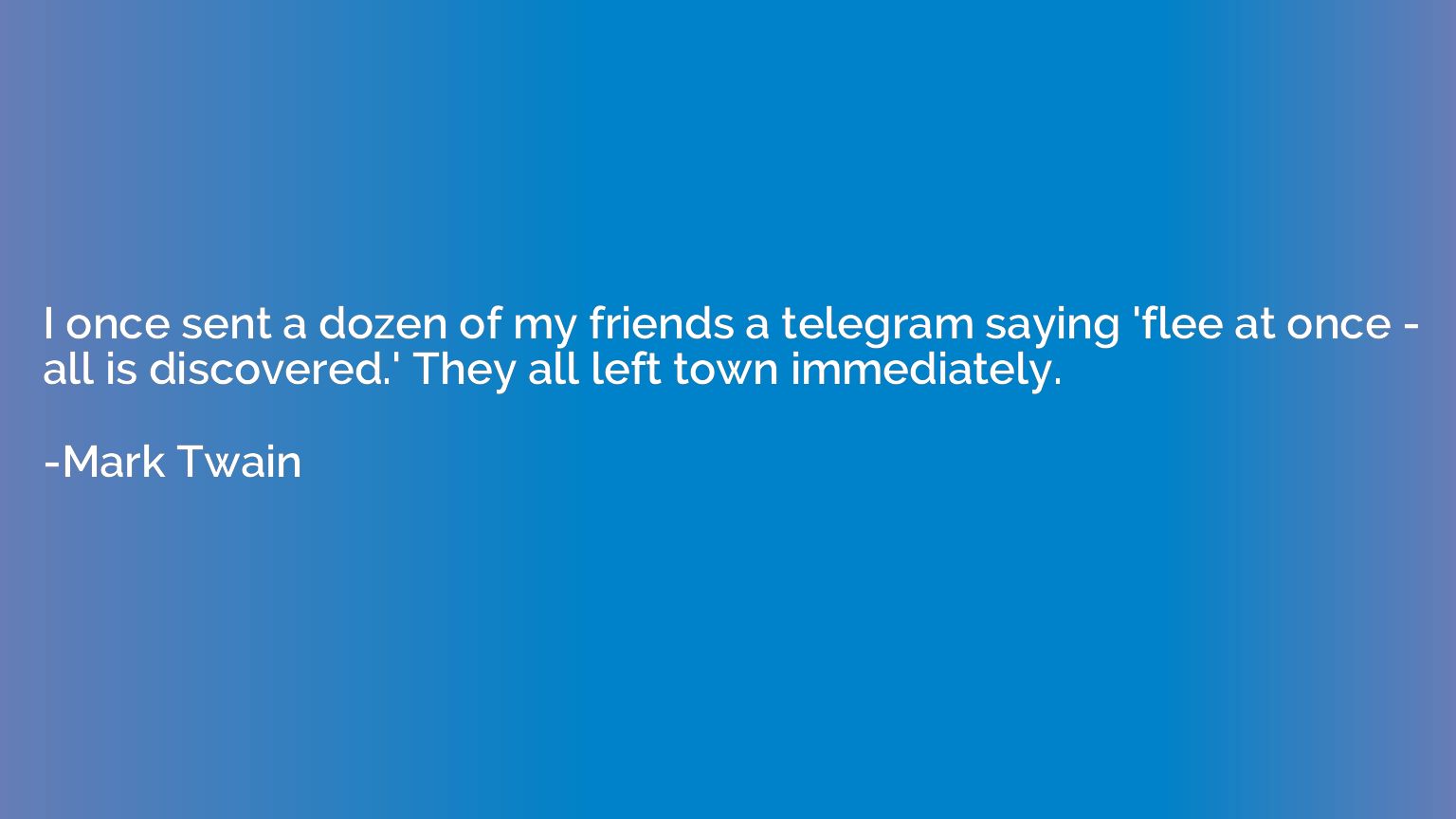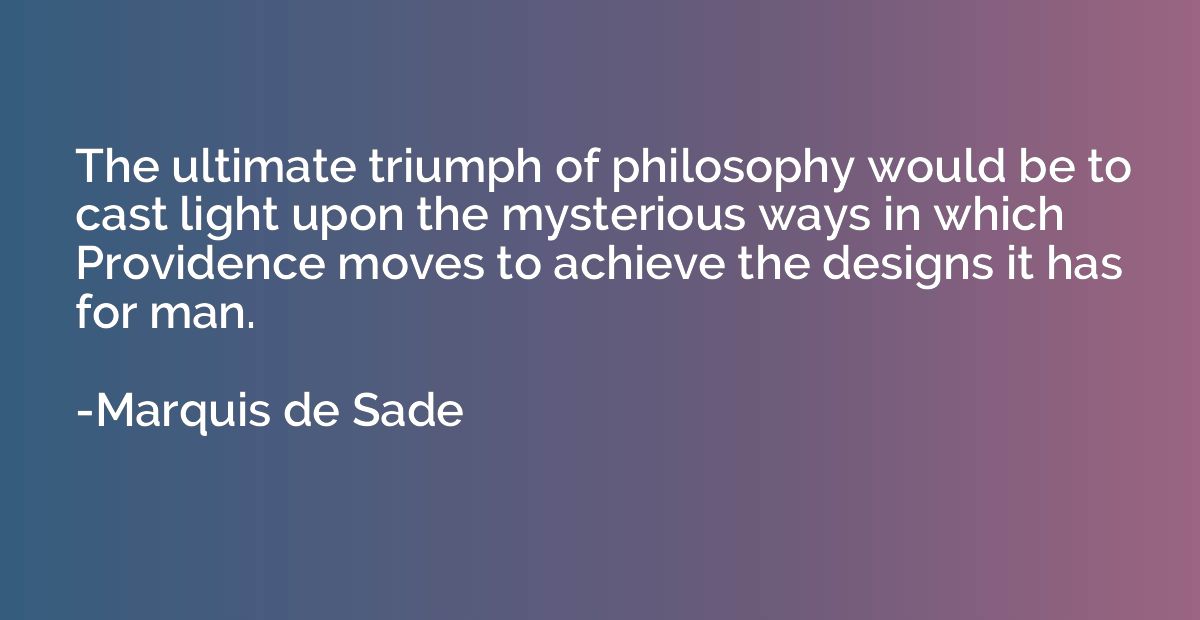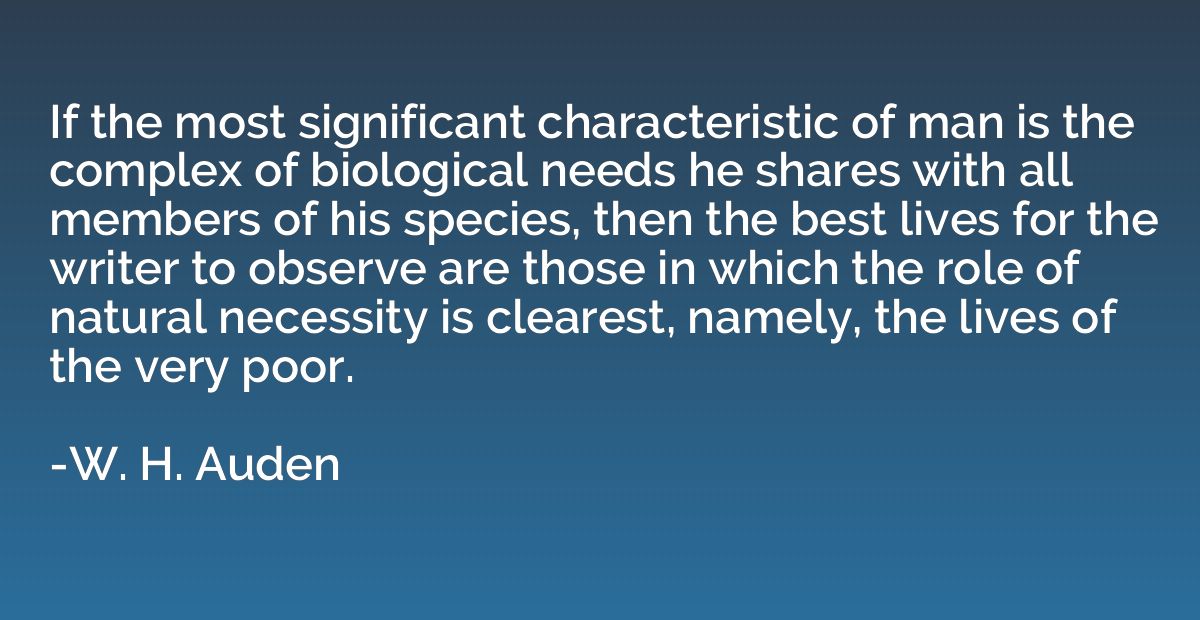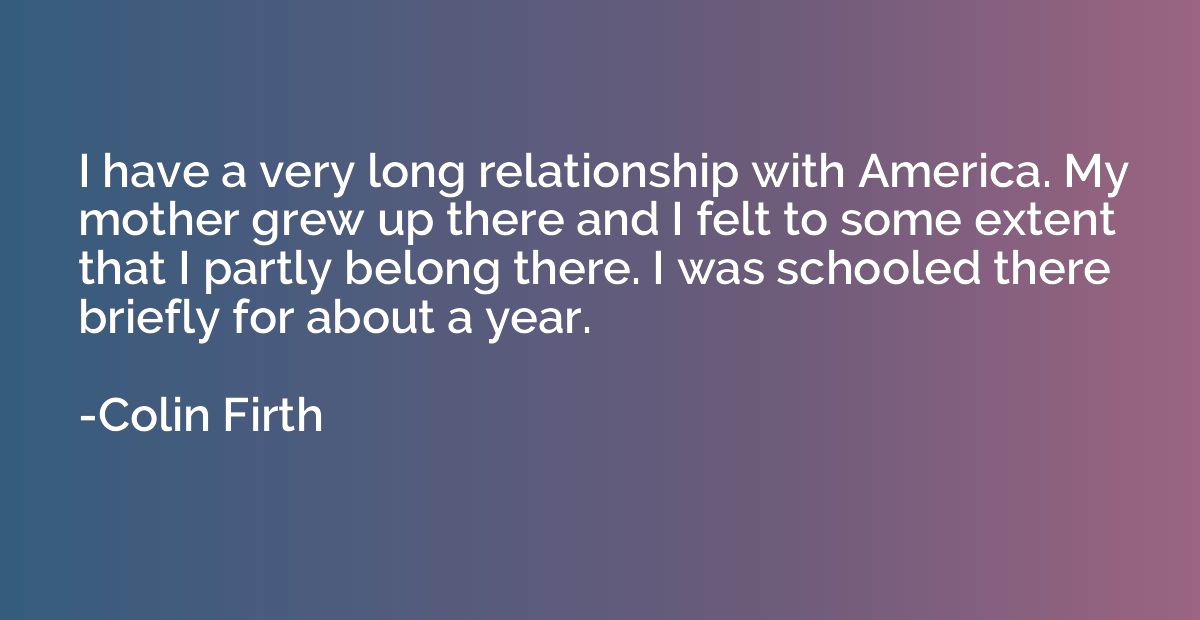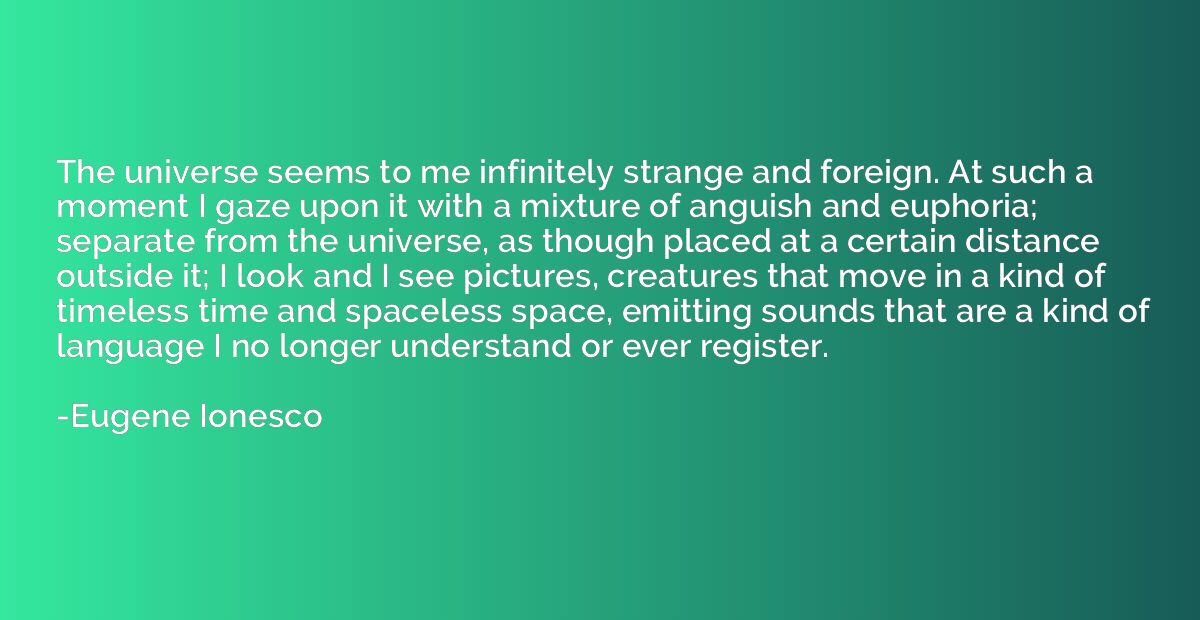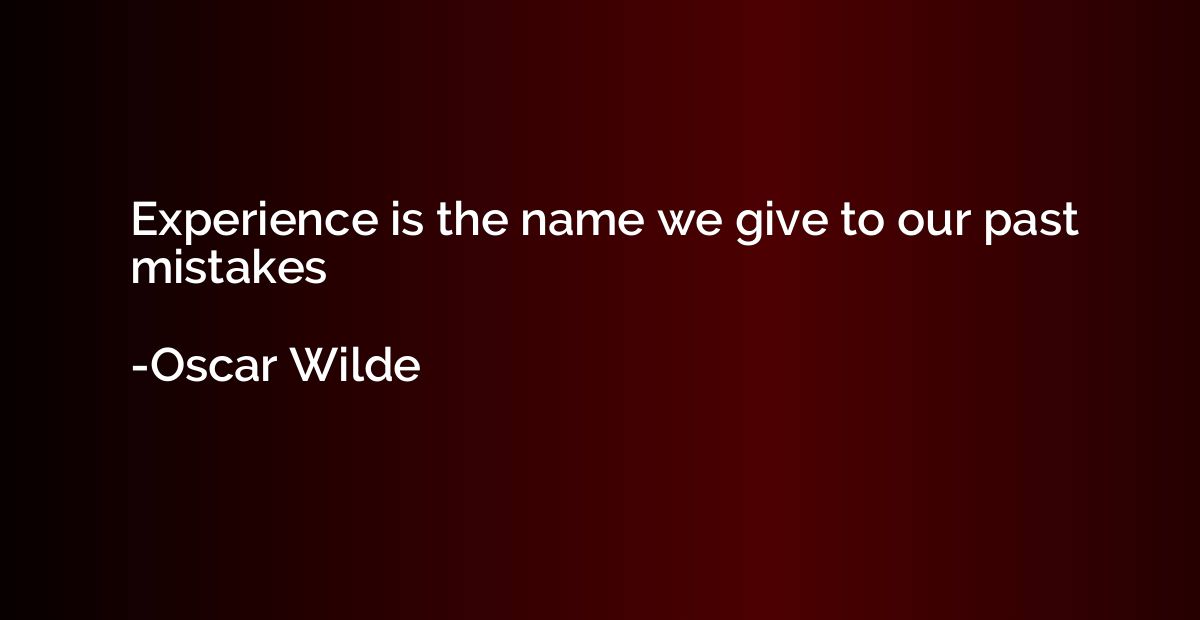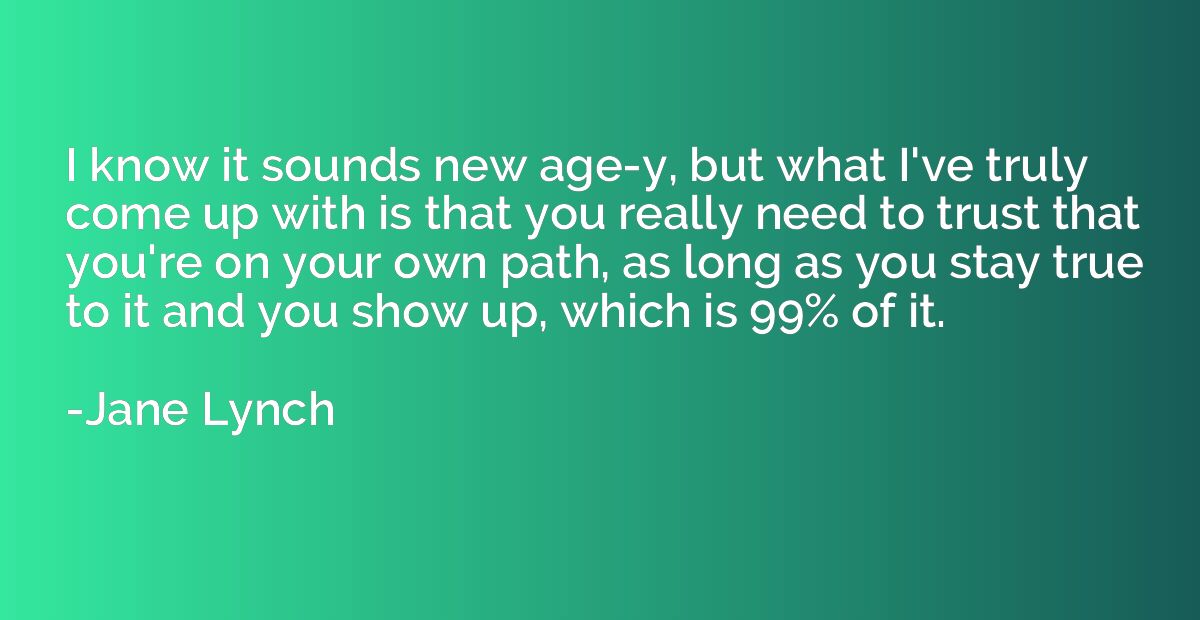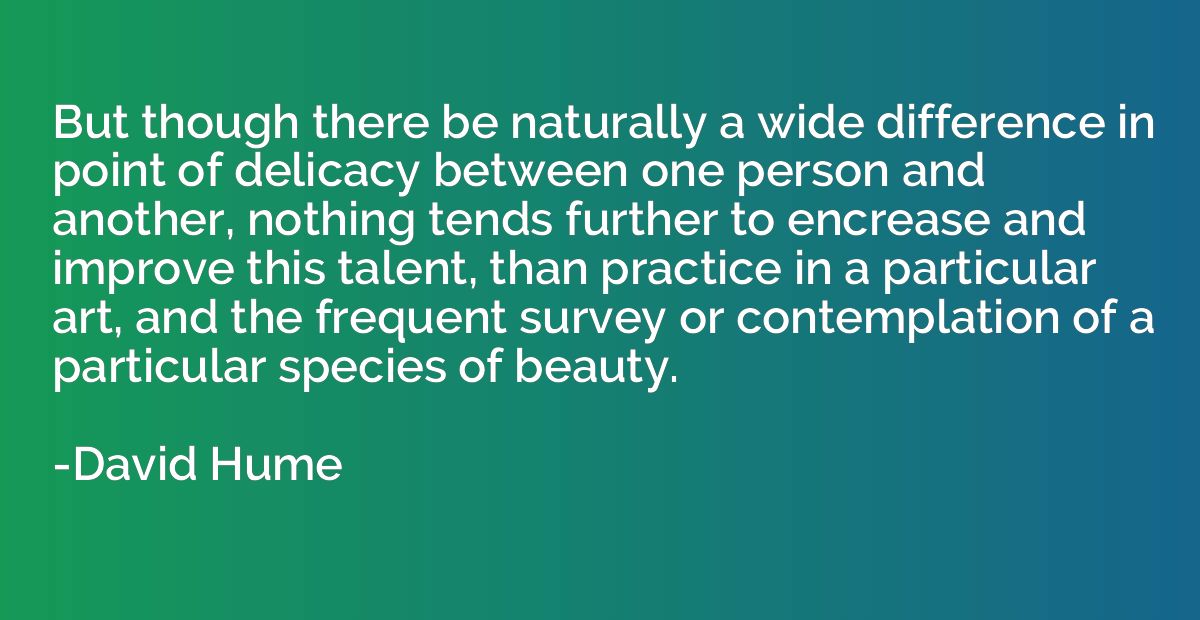Quote by Niklas Zennstrom
With our work at Kazaa, we began seeing growing broadband connections and more powerful computers and more streaming multimedia, and we saw that the traditional way of communicating by phone no longer made a lot of sense.
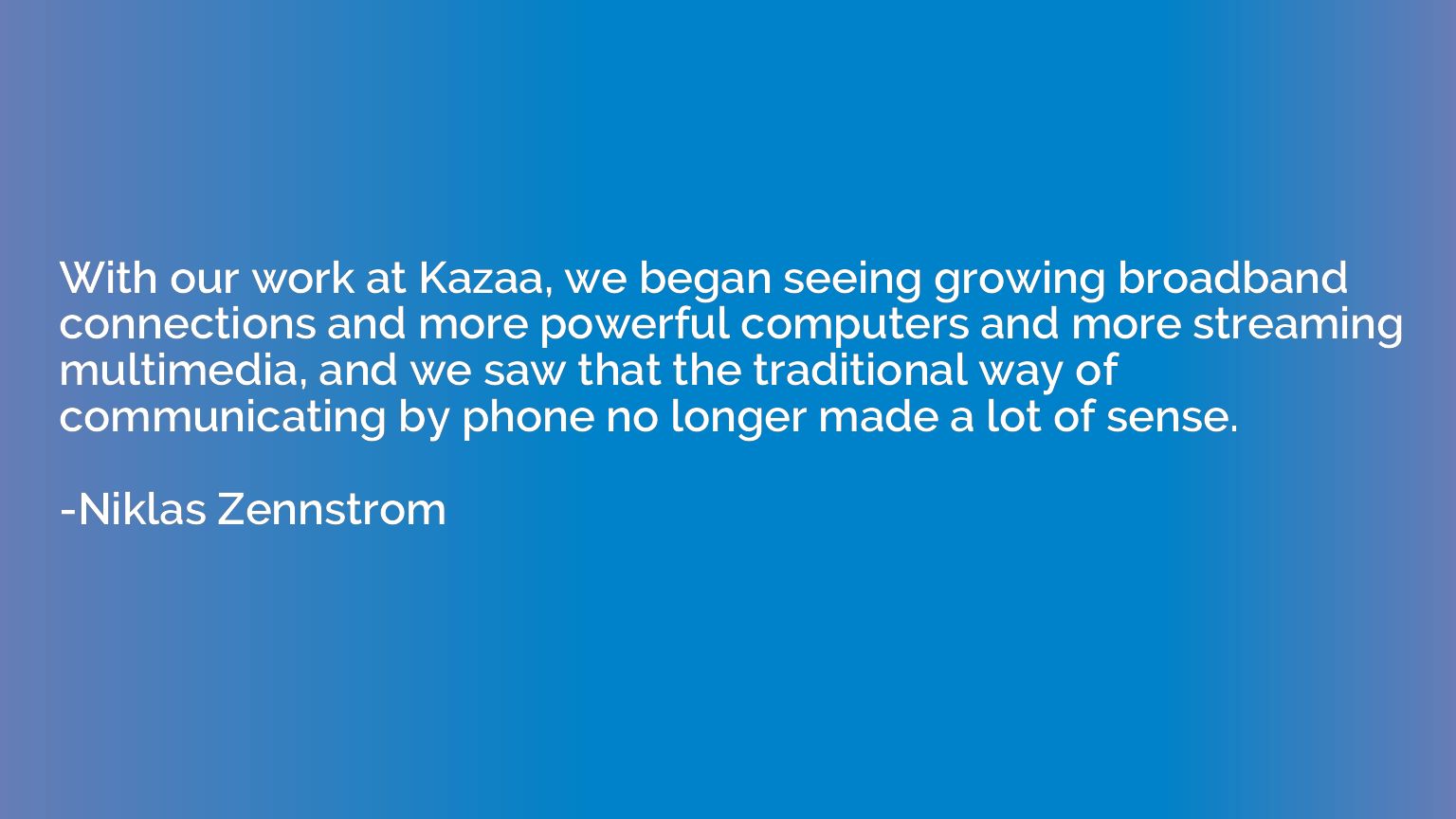
Summary
This quote suggests that the rapid advancements in technology, specifically, the growth of broadband connections and more powerful computers, led to a shift in the way people communicate. The speaker highlights that, due to these developments, the traditional method of phone communication became obsolete as it could not fully accommodate the rising popularity of streaming multimedia. The quote implies that this realization prompted the speaker and their team to adapt and explore alternatives, with Kazaa being a manifestation of their response to the changing landscape of communication.




